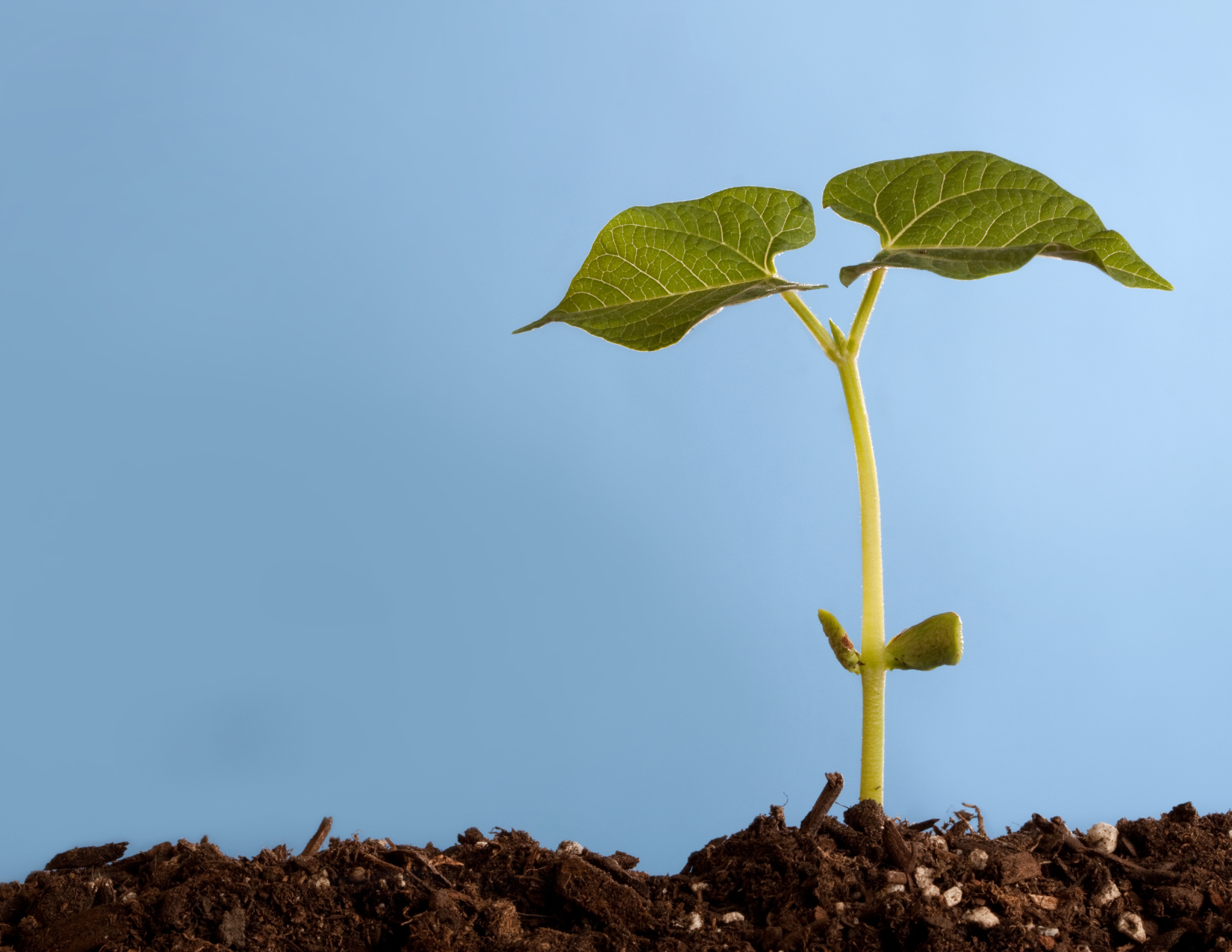This Saturday is Earth Day and many of us may consider doing our part by organizing a clean up, starting a compost bin or biking to work instead of driving. But what about when it comes to our end-of-life choices? According to an article in Bloomberg last week, “more Americans are considering going green.”

And while Kermit may be right that it’s not easy being green, we’re here to set the record straight that it’s easier than ever to consider dying green. Here are some ways to have a more eco-friendly death:
Choose a green burial: Traditional burial practices involve embalming the body with chemicals and placing it in a casket that may take decades or even centuries to decompose. Instead, consider a natural or green burial, which involves placing the body in a biodegradable container or shroud and burying it directly in the earth. This allows the body to decompose naturally and return to the earth, without the use of chemicals or non-biodegradable materials.
Cremation alternatives: While cremation is often considered a more environmentally-friendly option than traditional burial, many people are surprised to learn that the carbon footprint is about the same since cremation releases greenhouse gasses and other pollutants into the air. Alternatives like aquamation or resomation use water and alkaline substances to break down the body, resulting in a smaller carbon footprint. And fun fact, aquamation is now legal in many states including Georgia!
Body Composting: Yes, you heard that right. In many states, including New York and California, the process of transforming your body into soil is legal and features various environmental advantages, including saving a metric ton of carbon as compared to cremation or traditional burial. Furthermore, family members can use the soil in their gardens or plants or donate to a forest preserve.
Donate your body to science: Donating your body to science can be a valuable contribution to medical research and education. After the body has been used for these purposes, the remaining tissues are usually cremated and returned to the family.
Reduce funeral waste: Funerals often involve a lot of waste, such as floral arrangements, casket sprays, and other decorations. Instead, consider asking for donations to a charity in lieu of flowers, or using natural and biodegradable materials for decorations.
Select a green-conscious funeral home: If you choose to have a traditional funeral, look for a funeral home that uses sustainable practices. Some funeral homes offer eco-friendly caskets, use renewable energy sources, and recycle materials.
Death is a natural part of life, but that doesn’t mean it has to have a negative impact on the environment. By considering these eco-friendly options for your final arrangements, you can leave a positive legacy and make a difference for future generations.







